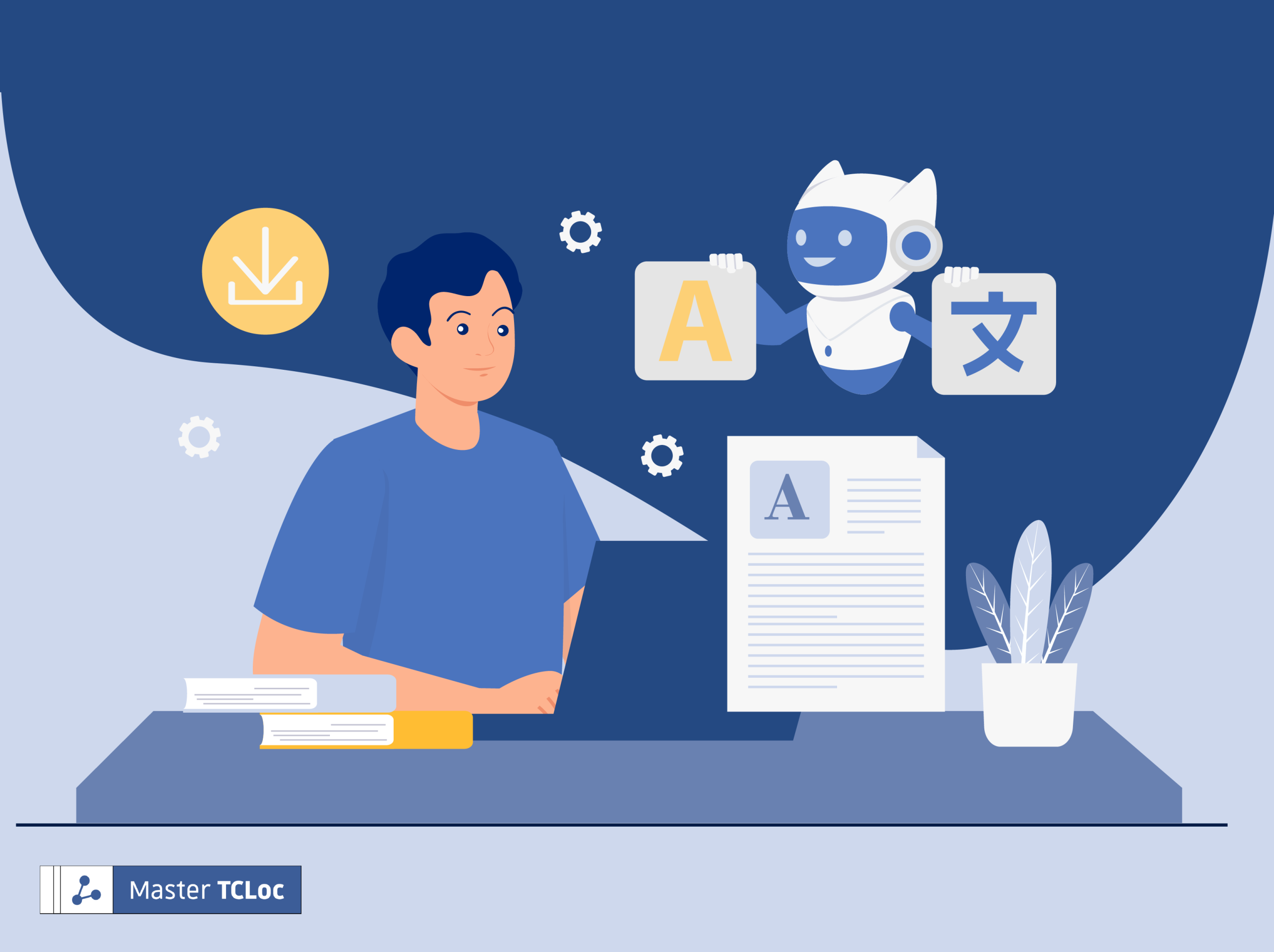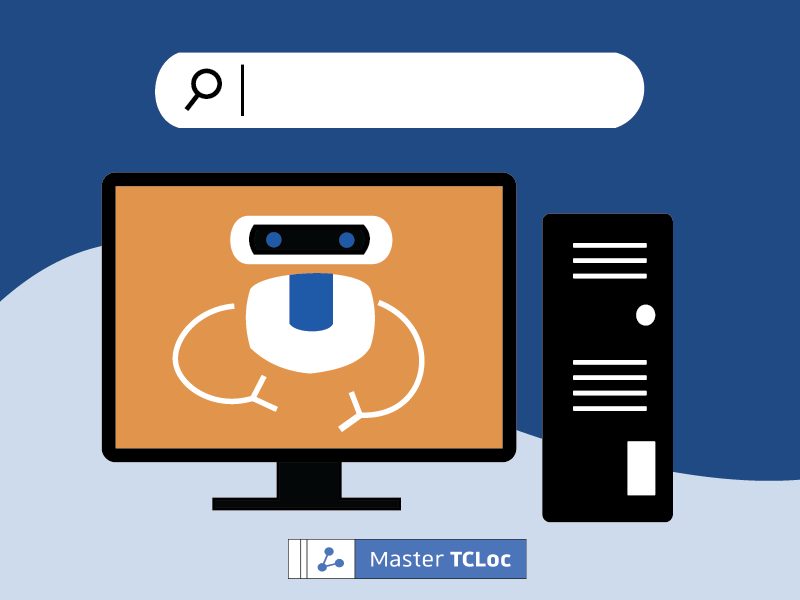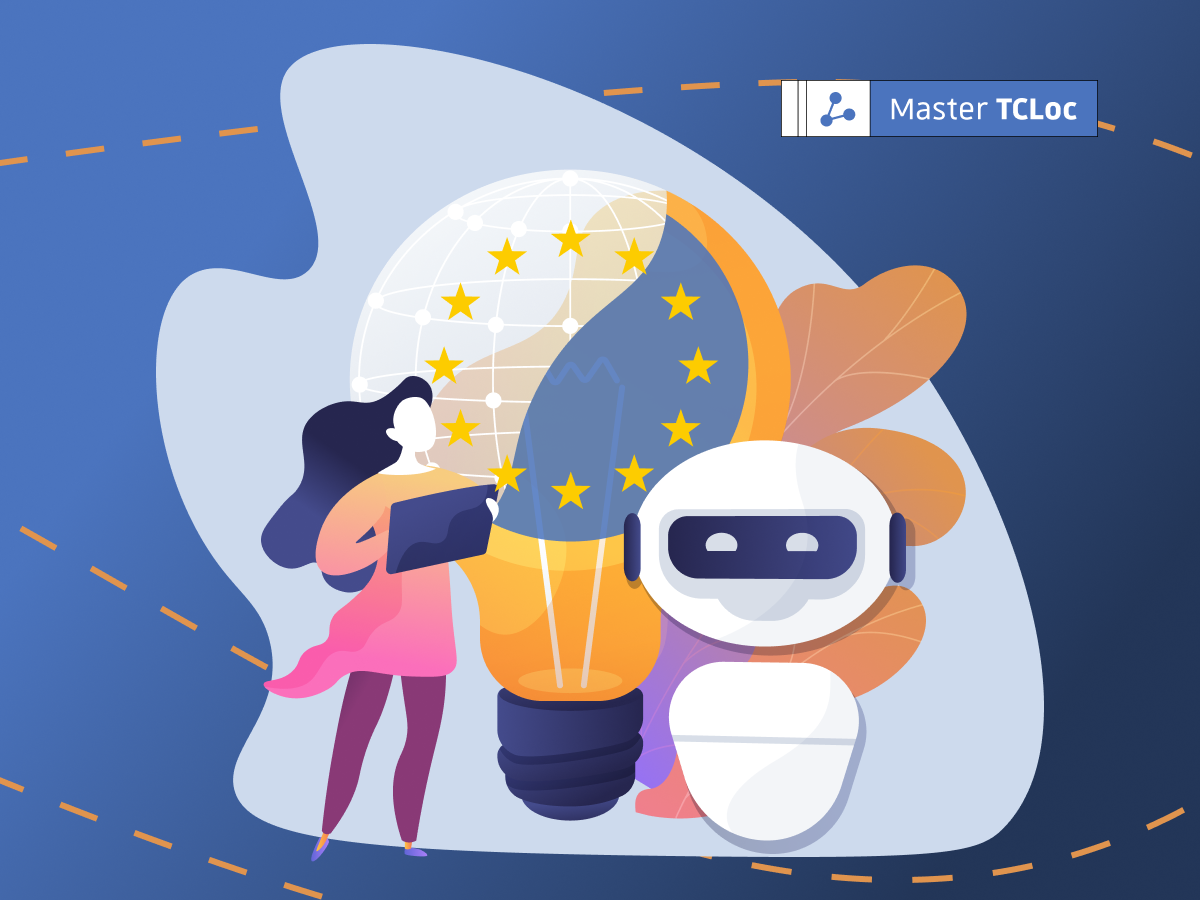Artificial Intelligence has become a part of our everyday life. Whether we are on our phones, cooking, or buying our groceries, we are constantly surrounded by it. With new innovations every day, the place of artificial intelligence in our society is growing to the point where the human domination over it becomes questionable. Books, movies, and video games have depicted futuristic societies where robots have taken over. Such scenarios lead us to wonder: in time, will artificial intelligence represent a danger for the human race?
Artificial intelligence, our faithful companion
“Alexa, play my morning playlist.” “Siri, set my alarm for 8 a.m.” For some, the first and last interaction of the day is with an artificial intelligence device. That is how ubiquitous the presence of artificial intelligence has become. Artificial intelligence (AI) is defined as a set of complex techniques and theories implemented to “replace” human action. And that is exactly what it does. Cleaning, cooking, shopping, all these actions can be done just by saying some words to your connected watch or your virtual assistant. That is how powerful AI is.
Tell me what you like and I will tell you what you are thinking about
Over the years, Artificial intelligence has become more and more powerful for one simple reason: it knows what you’re thinking. This power was acquired by associating AI with the analysis of big data. What is “big data”? Well, it represents any form of information that you put online, whether it be on social media, e-commerce platforms, or your internet search engines.
All this information is collected, shared, analyzed, and used by companies through their AI to know your habits, thoughts, and desires. Once they know what you need, new types of AI are created to respond to your desires. One universal, primal desire is to have a relationship or companionship. That is the specific purpose of some AI: to create an emotional bond with a human being. When emotional closeness between humans can be replaced by a relationship with an AI, where is the limit?
Faster, stronger, cheaper
Artificial intelligence devices are not only replacing humans in relationships, but also in the workplace. With each technological breakthrough, machines are able to do more and more jobs originally done by humans. As a consequence, a two-year study from McKinsey Global Institute foresees that by 2030, 30% of human labor could be done by robots. Robots are machines designed by us to do what we are able to do, but faster, while costing less money. They are slowly becoming a more profitable option than actual human beings.
While the industry sector is the most impacted by the growth of technology, the next sector that will suffer from job losses is the public sector. In the future, it is possible that nurses, receptionists, teachers, and even doctors could be slowly replaced (at least in part) by robots capable of doing the same job.
Artificial intelligence is based on human intelligence. It is based on what we do, what we need, what we feel, and how we function. The only difference between us and AI devices is that we have basic needs that need to be fulfilled, while they are driven by algorithms. They can do what we can, but without putting any effort into it. If we keep improving AI, what will prevent AI machines from becoming superior to their creators? Many scientists have predicted the rise of artificial intelligence and have warned the public. Even world-renowned physicist Stephen Hawking urged that we need to control the technology we create before it destroys us.
Thank you for reading, we hope you found this article insightful.
Want to learn more or apply to the TCLoc Master’s Program?
Click HERE to visit the homepage.
Thanks from the TCLoc web team.



